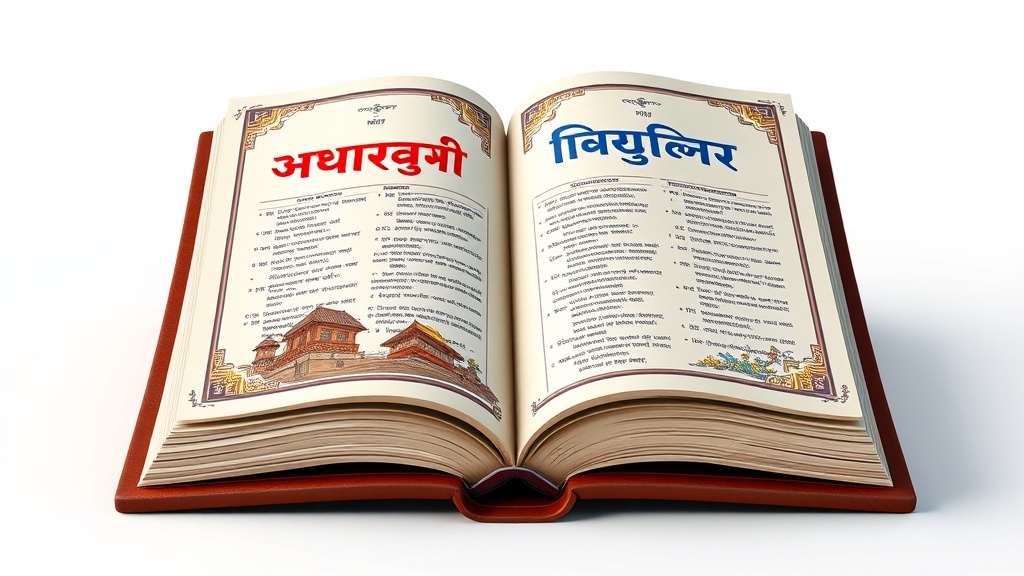Home / Education / Oxford Unveils Marathi Dictionaries Showcasing Sawantwadi Artworks
Oxford Unveils Marathi Dictionaries Showcasing Sawantwadi Artworks
16 Oct
Summary
- Oxford University Press launches two new Marathi-English dictionaries
- Dictionaries feature handcrafted wooden artworks from Sawantwadi
- Marathi is one of India's most expressive and culturally-rich languages

On October 16, 2025, Oxford University Press (OUP) introduced two new Marathi dictionaries, the Compact Marathi-English Dictionary and Mini Marathi-English Dictionary. The dictionaries feature handcrafted wooden artworks from Sawantwadi, a town in Sindhudurg district, showcasing India's rich cultural heritage.
According to OUP's managing director Sukanta Das, Marathi is one of the country's most expressive and culturally-diverse languages, with millions of speakers worldwide. The new dictionaries are designed to support learners with contemporary, real-world usage, providing a comprehensive reference for those looking to improve their Marathi language skills.
The launch of these dictionaries is part of OUP's ongoing efforts to expand its bilingual and trilingual dictionary portfolio, with new editions covering languages such as Bengali, Gujarati, Malayalam, Kannada, and Marathi. The Oxford Mini English-Marathi Dictionary, in particular, is a concise reference resource aimed at helping English-proficient users enhance their Marathi proficiency.




